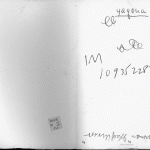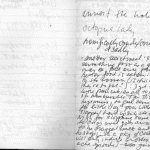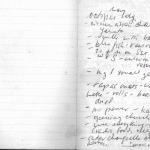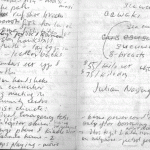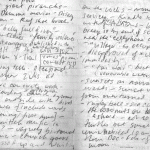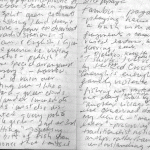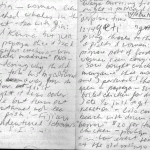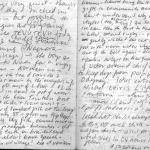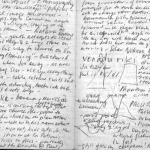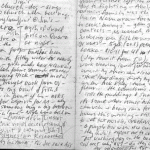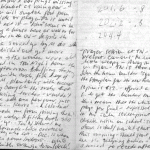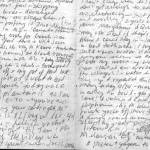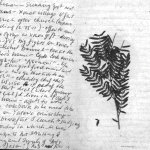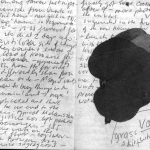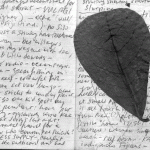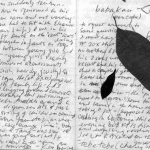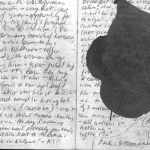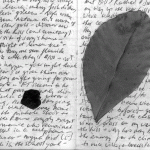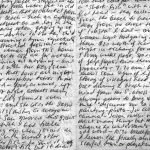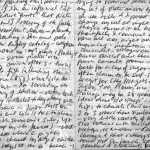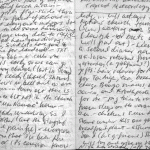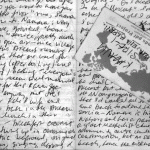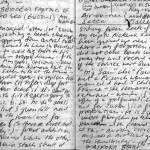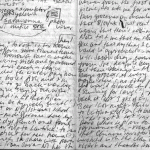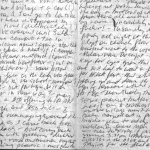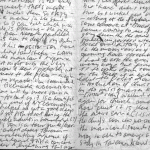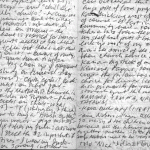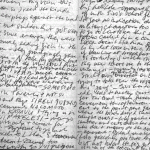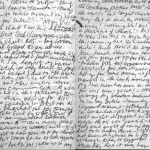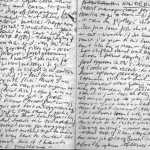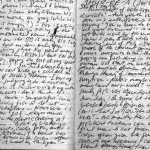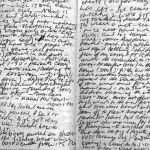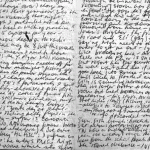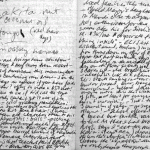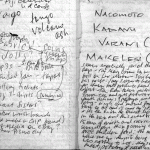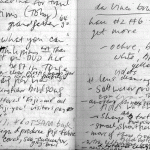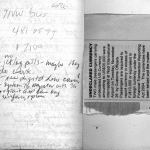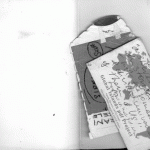The villages of Teci (pronounced “Tethee”) and Dalomo, with a combined population of about 210, are situated on the eastern shore of Yasawa Island in the northwestern corner of the Fijian archipelago. The village of Teci is about a fifteen-minute walk from Dalomo, a ninety-minute walk from Bukama, and a two-and-a-half-hour walk from Nabukaru. To travel to the city of Lautoka, on the main island of Viti Levu, most villagers use a cargo ship that takes between one and two days and makes the rounds on a monthly schedule. (This ship sank in 2010 and has not been replaced.) Although it is possible to take a five-hour ferry from a point in the central part of the Yasawan archipelago, the transportation to the ferry and the ferry ride itself cost considerably more than traveling on the cargo ship. Villagers also sometimes use small motorboats to cross the Bligh Waters to Lautoka, though this sometimes results in disasters and disappearances. In the dry, deforested grasslands of this slender, twenty-two-kilometer-long island, economic life is based primarily on a combination of root-crop horticulture (yams and sweet manioc), littoral gathering (shellfish, mollusks), and fishing. Men bear the responsibility for clearing gardens (slashing and burning if necessary) and planting. Both men and women collect firewood, harvest agricultural products, and weed the gardens. Adults of both sexes and children also engage in littoral gathering, although women do more of this than men or children. Fishing is done principally by men, especially young men, and mainly involves free-dive spear-fishing. Older men, women, and boys use hook and line. Men also use nets to catch both fish and turtles. Women bear the primary responsibility for food preparation, cooking, laundry, and cleaning. Three main sociopolitical institutions govern village life: the traditional chiefly system, the government-instituted role of the Turaga ni koro, and the Christian churches. The most important of these institutions is the traditional system based on kinship, clans, and hereditary chiefs. Teci and Dalomo have five main mataqalis (pronounced “matangalees”), or clans, that together form a single yavusa. A yavusa is the largest territorial unit in the traditional Fijian system. Fijian villages often correspond, one to one, with a yavusa, with one chief per yavusa. However, Teci and Dalomo are part of the same yavusa, and there is a single chief for both villages. The chief lives in Teci, the older of the two villages. Leadership in each of the mataqalis is assigned primarily by age, gender, and descent, although skill and political acumen can also play a role. The head of the chiefly clan is officially installed as chief by one of the other mataqalis. The chief, together with the heads of the various mataqalis, makes decisions and deals with problems. At the time of our experiments, Teci’s previous chief had only recently died, and his heir (his older brother’s son) was still relatively young, so he had not yet been formally installed; nevertheless, he was still referred to as Tui Teci (Chief of Teci). At the time of our study, these villages were governed by a council of elders. Now integrated, and operating in parallel with the traditional system, is the democratically elected Turaga ni koro (Gentleman/Head of the Village), who acts as the representative of the Fijian national government. Both Teci and Dalomo have their own Turaga ni koro. The Turaga ni koro’s responsibilities are varied and include such tasks as dealing with visitors and keeping the village well-maintained. Though not an official part of their duties, the Dalomo Turaga ni koro operated the village radio-phone, and the family of Teci’s Turaga ni koro operated a village store that sold basic foodstuffs.1 In most matters we observed, the Turaga ni koro worked in concert with the council of elders and the chief, and all were seen as a unit. Layered across these institutions, and supported by Teci and Dalomo, are three different Christian religious sects—the Methodist, Evangelical Assemblies of God, and Seventh-Day Adventist Churches, in five separate congregations. These churches make numerous contributions to the villages, from organizing feasts to running youth groups. Fairness Without Punishment 227 Connections with the larger Fijian economy and municipal services are limited. There are no towns, and the only road on the island at the time of our visits was a dirt path that was used by an exclusive private resort near Bukama (the only resort on Yasawa Island).2 There are few opportunities for wage labor. At the time of our experiments, the resort employed three people from Teci and Dalomo. There are three primary schools on the island, including one in Teci. For education beyond the eighth grade, which many have not pursued, students must go to live either on the island of Naviti, in the center of the Yasawa group, or to Viti Levu. At the time of this research, there were three ways in which village families typically had access to market goods. First, several families maintained small supplies of flour, kava, yeast, sugar, salt, and other basic items, which they sold to their neighbors. Second, people traveled on the cargo ship—which came to Teci once a month during this period—to sell crabs, coconuts, mats, and other products in Lautoka and resupply on items like cooking oil and kerosene. Third, the private resort maintained a small shop where basic necessities could be purchased. Villagers did not make frequent use of this shop, owing to its high prices. All residents of Teci and Dalomo over about age six speak both Teci (the local dialect) and Standard Fijian (developed from the Bauan dialect). The two dialects are mutually unintelligible. A few people also speak some English. Although English is officially taught in schools, only a few of the older schoolchildren had learned more than a few phrases. More extensive details on life in these Yasawan villages can be found in the supplemental materials of Henrich and Henrich (2010).
Tutashinde Mbili Shaka! (Together we can win!)
